- Post-Doctoral Studies, Department of Anthropology, University of Arizona, USA, 1996-1997
- Ph.D., Concentrations Environment Sciences and Anthropology, School of Public and Environmental Affairs and Department of Anthropology, Indiana University, USA, 1991-1996
- Certificate in Remote Sensing, National Institute for Space Research (INPE), São Paulo, Brazil, 1987-1988
- Agronomic Engineering, Centro Ciências Agrárias, Universidade de Taubaté, São Paulo, Brazil, 1982-1987
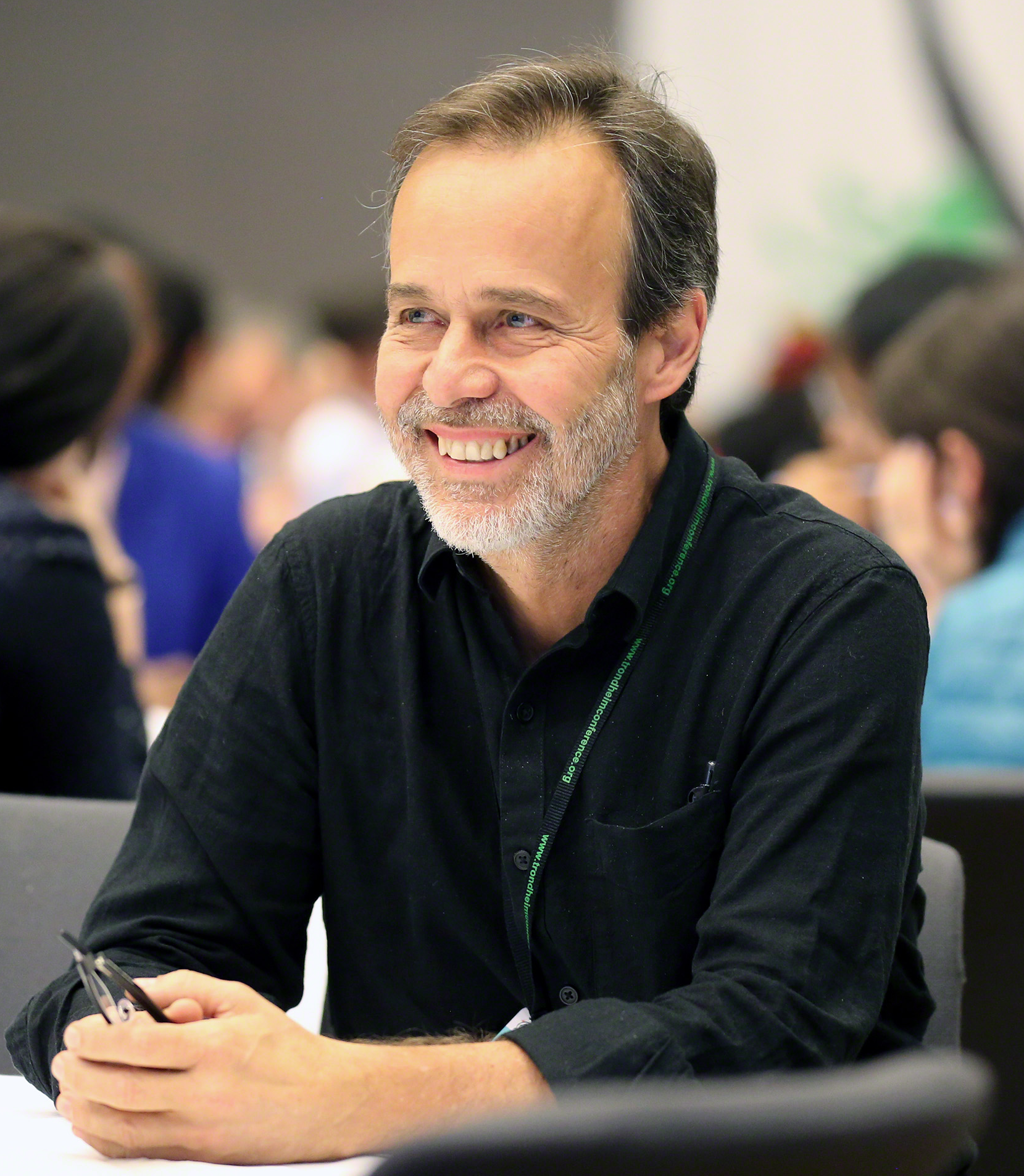
Eduardo S. Brondizio
Elected Member: National Academies of Science
Distinguished Professor, Anthropology
Adjunct Professor, Department of Geography and School of Public and Environmental Affairs
Director, Center for the Analysis of Social-Ecological Landscapes (CASEL)
Faculty Associate: Center for Latin American and Caribbean Studies, Individualized Major Program, Native Studies Program, Food Studies Program
External Professor: University of Campinas, Center for Environmental Studies and Research (NEPAM), Brazil
Elected Member, American Academy of Arts and Sciences (AAAS). Class III-Social Sciences, Section 5 Anthropology and Archaeology
Elected [International] Associate Member, Academie d'Agriculture de France (AAF), sect 10: Economie et politique
Co-Editor-in-Chief, Global Environmental Change: Human and Policy Dimensions, Elsevier
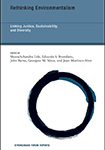
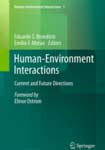
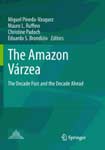
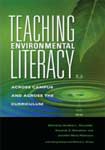
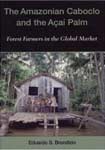
 The College of Arts
The College of Arts